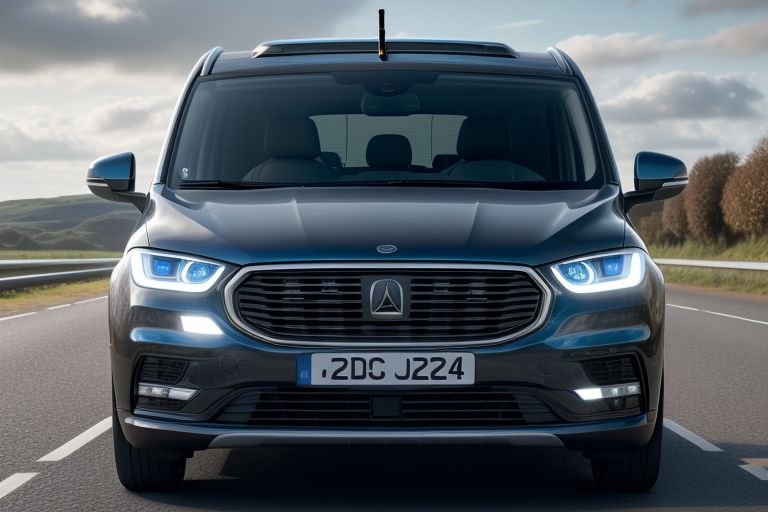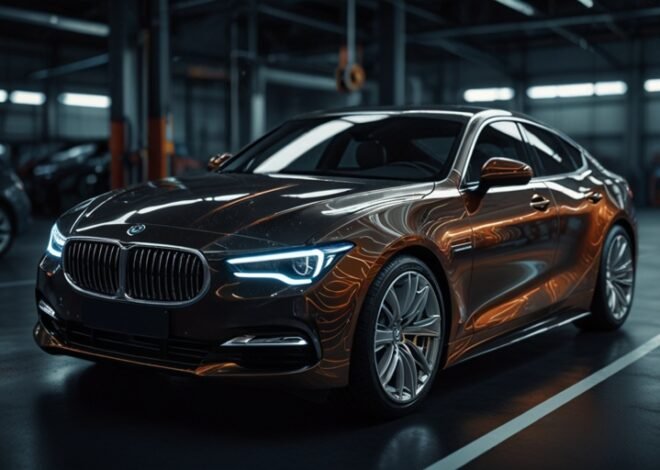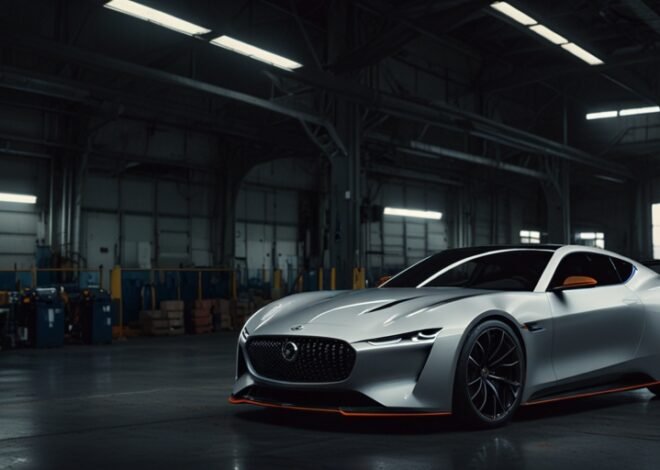
Chinese Automakers Make Bold Moves in African Market
Chinese car makers have been gradually advancing in the African automotive industry and recent events show that their interest is ambitious and growing steadily. On Friday, Chinese automobile manufacturers JETOUR Auto launched two RHD models; DASHING and X70PLUS in Johannesburg, South Africa making a forceful entry into one of the biggest auto markets in Africa.
The release of these new models shows more efforts of Chinese manufactures by improving on that which should suit the African market. RH drive cars are a necessity in many African nations especially in southern and eastern Africa and since most roads these nation have are left-side roads.
Following the move, JETOUR joins other Chinese auto makers who are looking for opportunities to invest in the African market starting notably with South Africa. As the consumer base expands and young population gains better purchasing power a middle class standard, Africa offers an enormous growth market for Chinese manufacturers seeking a new market to break into.
To understand China’s interest in Africa it is imperative that we go beyond the fact that they are exporting vehicles. A number of Chinese firms are seeking possibilities for setting up an assembly line and factories within the continent. Besides, it supports job creation and technology transfer in African countries besides cutting down the import costs.
Another clear benefit associated with new Chinese car makers seeking to break into the African market is the promise of affordable yet technologically advanced auto models. This value proposition is especially appealing in many of the African countries that cut across the affordability model of consumerships.
Besides conventional petrol iron automobiles, Chinese manufacturers are currently deeply involved in bringing the novel electric and hybrid automobiles to the African region. While people around the world think about the impact they have on the environment through pollution and other negative consequences, they think about taking an e-vehicle in Africa too.
Chinese car makers have however not been left behind in the attempt to_penetrate the Africa market, but this comes with lots of pulls and thrusts. Most automobile brands have already been in existence in most markets in Africa, having been infected from Europe, Japan and South Korea hence leaving Chinese companies with a challenge of dominating the market by creating brand image and recognition among the consumers. Similarly, after sale service, spare parts for their products, and dealing with local requirements constitutes the major problem for new comer in the market.
However, there is significant potential for future development in the African automotive industry. Currently the Chinese population is more than 1.3 billion residents and the cities are rapidly being developed so there are high chances that the sales of personal and commercial cars will steadily increase in the future. Chinese car makers are poised to take advantage of this growth given their experience inc other emergent markets and cost effective model of production.
The rise of the Chinese auto industry in Africa also has wider economic implications as well. Since these companies begin investing in local assembly and manufacturing, they build up automotive ecosystems in African nations. This ranges from development of local suppliers, adoption and transfer of skills and technology as well as employment from the automotive industry.
In addition, Lefebvre explains that competition that China presented through the manufactures has to be faced and will most definitely compel the manufacturing industries to come up with something better and cheaper for the consumers in Africa. This could have huge implications to mobility throughout the continent and quicken the chance of people owning cars.
This means that as the Chinese automakers push forward with their full entry into the African market one can only wait to see how the incumbent players will react. This tends to open up new grounds to more investment to develop local production from the rising competition, more pricing that is competitive and an advancement of integration of new technologies and models focusing in the African market.
The expansion of the JETOUR Auto into the South African market with its newly developed RHD models is just one illustration of the ever-increasing role of China auto makers in Africa. Based on these adaptions of strategy to suit local concern and taste, these automobile companies are certain to add to their importance in determining the future of the automobile industry in Africa.


